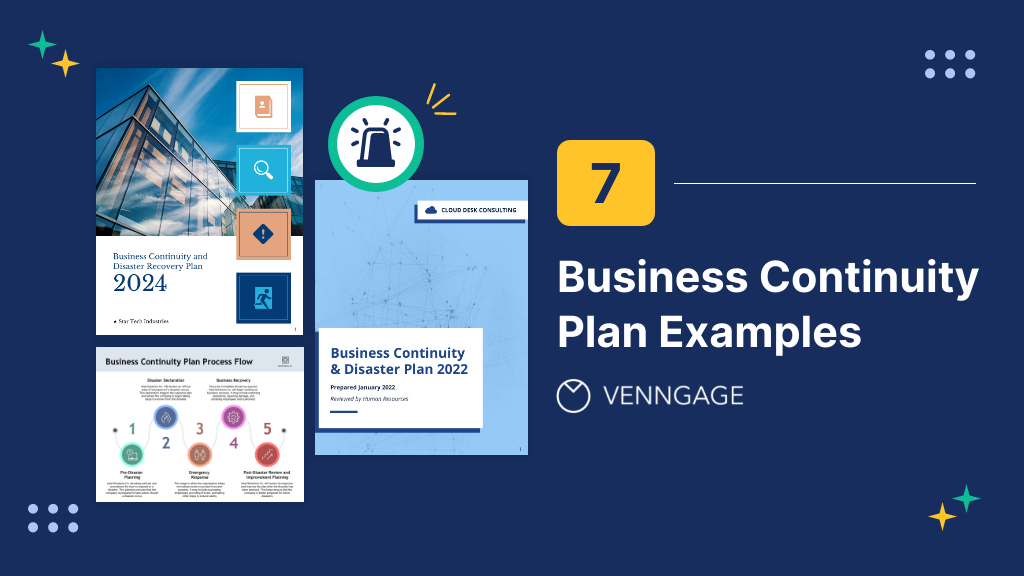
In today's rapidly changing business environment, having a robust business continuity plan (BCP) is more critical than ever. Whether it's natural disasters, technological failures, or unforeseen global events, businesses must be prepared to mitigate disruptions effectively. This article explores seven exemplary strategies that can serve as a guide for businesses looking to develop or refine their continuity plans.
Comprehensive Risk Assessment and Impact Analysis
The cornerstone of any effective BCP is a thorough risk assessment and business impact analysis. This strategy involves identifying potential threats to business operations and assessing the likely impact on critical functions. For instance, a financial services firm may prioritize cyber threats, while a manufacturing entity might focus on supply chain vulnerabilities.Crisis Communication Plan
Effective communication is vital during a crisis. A detailed crisis communication plan ensures that all stakeholders, from employees to customers and suppliers, receive timely and accurate information. For example, a retail company might use social media and email alerts to update customers on store closures or service interruptions.IT Disaster Recovery Plan
Technology plays a crucial role in modern businesses, making an IT disaster recovery plan an essential component of a BCP. This plan outlines steps to recover critical digital assets and maintain IT infrastructure. A tech company, for instance, might implement cloud-based backups and redundant systems to ensure continuous operation.Employee Safety and Well-being Measures
Employee safety should be a top priority in any business continuity plan. Strategies may include emergency response procedures, remote work policies, and health and safety protocols. A construction company could develop specific evacuation and site safety plans to protect workers in various scenarios.Supply Chain Redundancy
Disruptions in the supply chain can severely impact business operations. Building redundancy into the supply chain—such as diversifying suppliers or increasing inventory levels—can provide a buffer against such disruptions. A consumer goods company might establish relationships with multiple suppliers across different regions to mitigate risks.Financial Resilience Planning
Maintaining financial resilience is critical during disruptions. This strategy involves setting aside emergency funds, securing lines of credit, and having insurance policies in place. A small business, for example, might focus on building a financial cushion to cover unexpected operational costs.Regular Testing and Updates
A business continuity plan is not a one-time effort but an ongoing process. Regular testing and updates ensure the plan remains effective and relevant. Companies might conduct annual drills or simulations to test the readiness of their teams and the efficacy of their strategies.
In conclusion, these seven exemplary business continuity plan strategies provide a roadmap for businesses aiming to enhance their resilience against disruptions. By implementing these strategies, companies can better prepare for unforeseen events, minimize the impact on their operations, and ensure a quicker recovery. Remember, the key to an effective BCP lies in customization—tailoring the plan to the unique needs and challenges of your business.